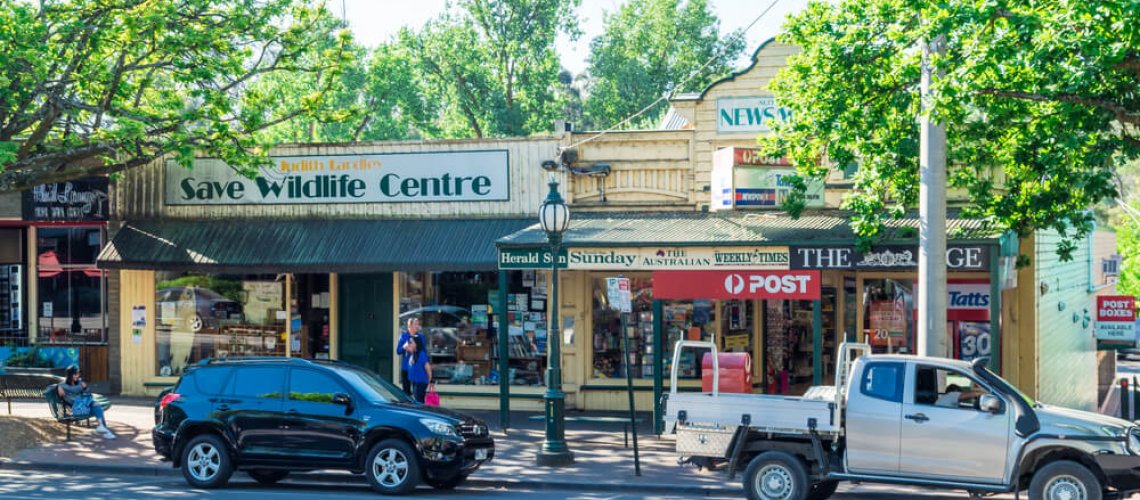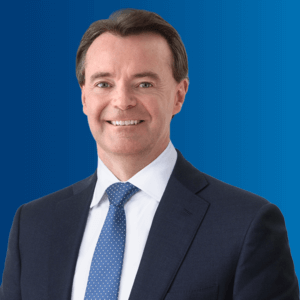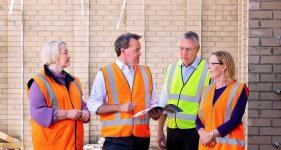Health Minister Martin Foley can’t say why regional Victorians need to continue to wear masks, despite a 14-day average of 0.4 and zero cases from an unknown source for the past two weeks.
Mr Foley was asked in State Parliament today to provide the evidence for blanket rules across the state, despite just five active cases in regional Victoria – all in the Mitchell Shire Council area.
Leader of The Nationals Peter Walsh said the Andrews Labor Government’s ongoing refusal to provide specific advice for regional Victoria had wreaked unnecessary emotional and financial devastation.
“We’re all prepared to do our part and listen to health advice to combat the spread of coronavirus, but with fines for non-compliance the rules must be transparent and supported by evidence,” Mr Walsh said.
“Daniel Andrews’ second wave has devastated regional Victorian jobs, businesses and communities despite there being a relatively low number of cases compared to metropolitan Melbourne.
“I can understand the frustration for businesses and communities that still remain closed because our next steps toward COVID normal are tied to lower case numbers in Melbourne.
“The Andrews Labor Government’s decisions have ruined lives and livelihoods in regional Victoria, but we’re kept in the dark on the health advice supporting the continued devastation of our communities.”
Of Victoria’s 20,295 total confirmed cases of coronavirus, less than 1200 have been recorded in regional Victoria with just five current active cases – all in the Mitchell Shire Council area.
“Many of our cafes, restaurants and pubs remain closed due to strict limits on capacity and the restrictions on social gatherings are putting even more pressure on families when loved ones are unwell or have passed away,” Mr Walsh said.
“Our communities were well on the way to safely reopening earlier in the year before the second wave spilled out of the Andrews Labor Government’s failed hotel quarantine program.
“We’re now left questioning why the Minister hasn’t bothered to seek a middle ground that protects public health while also allowing our regional communities to take safe steps towards COVID normal.”





